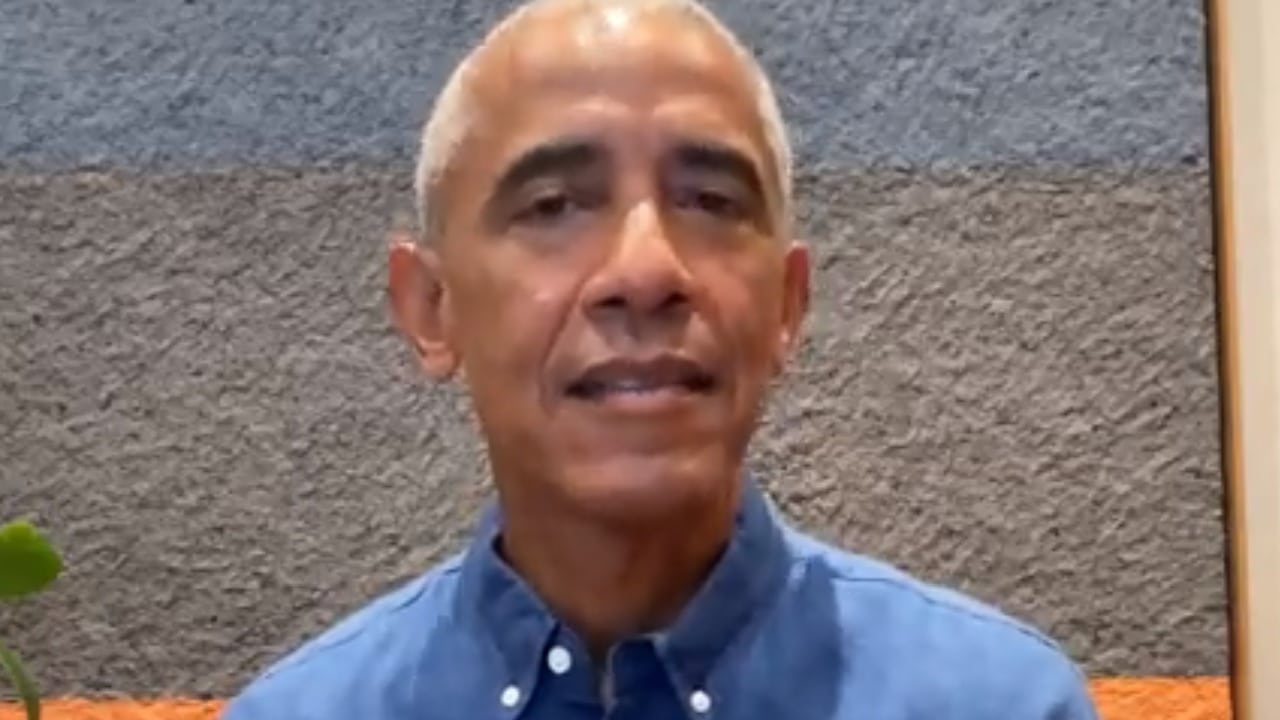Barack Obama Reignites Prayer Criticism – In the wake of the devastating wildfires that ravaged the picturesque Hawaiian island of Maui last week, an outpouring of support from across the nation has been witnessed, with many extending a helping hand to the victims.
Amid this outpouring of solidarity, the power of “thoughts and prayers” has once again taken center stage, with former President Barack Obama‘s previous stance on the matter resurfacing.
Thanks, Barack Obama
Obama’s connection to his home state is obviously deep.
However, his infamous statement after a mass shooting in 2015 that “thoughts and prayers are not enough” reverberates, sparking a wider discourse about the role of faith and empathy during times of crisis.
Obama’s earlier condemnation of the phrase evoked a cascade of reactions, notably from the Left, who increasingly used social media platforms to express their equal disapproval. According to a 2019 Washington Post analysis, this criticism triggered an angrier, more polarized conversation around the phrase, transforming it into a political flashpoint.
Yet, in a recent video posted on his Twitter account in response to the Maui wildfires, Obama extended “thoughts and prayers” to the families impacted by the tragedy. This seemingly contradictory move may suggest that the power of unity and empathy is transcending political divides.
However, Barack Obama’s video underscores his conviction that “thoughts and prayers” alone fall short in the face of calamity. That is a concept many Americans would surely disagree with.
He encourages a proactive response by advocating for assistance to victims through tangible actions, such as donations to relief organizations like the Red Cross.
Spiritual Hope vs. Hollow Words
While there’s a shared understanding that practical assistance is essential during times of disaster, faith remains a deeply personal aspect for many.
For believers, “thoughts and prayers” extend beyond platitudes; they represent a spiritual connection to a higher power, an earnest plea for intervention, and a gesture of empathy and solidarity.
In 2016 Laura Coward, defended the use of the phrase in an op-ed for The Huffington Post, acknowledging the inadequacy of not taking actions, but arguing that prayer “jolts us and disrupts us, removing us from our comfort zones [… it] takes us to uncomfortable places – spiritually, physically and emotionally – and asks us to do the hard work of accepting more than one perspective.”
Critics argue that “thoughts and prayers” can amount to so-called “slacktivism” when they are not matched by genuine action or when they are used as a veneer for political maneuvering. However, for many, this phrase embodies a genuine act of faith, providing solace and strength amid adversity.
In the aftermath of tragedy, Americans have often demonstrated their resilience by combining their compassion with concrete support.
While the phrase “thoughts and prayers” might not be universally embraced, it serves as a reminder that unity, empathy, and shared values are essential during challenging times.
Someone should remind Barack Obama of that. Clearly, America has not forgotten.
It will take all of us coming together and doing what we can to help those in need in Maui and Lāhainā right now. I hope you’ll join me in donating to the Hawai’i Red Cross today: https://t.co/CPtVJ8fGSq pic.twitter.com/yvIDCG15MP
— Barack Obama (@BarackObama) August 15, 2023
Georgia Gilholy is a journalist based in the United Kingdom who has been published in Newsweek, The Times of Israel, and the Spectator. Gilholy writes about international politics, culture, and education.
From the Vault
‘You Really Oughta Go Home’: F-22 Raptor Stealth Fighter Flew Under F-4 From Iran

